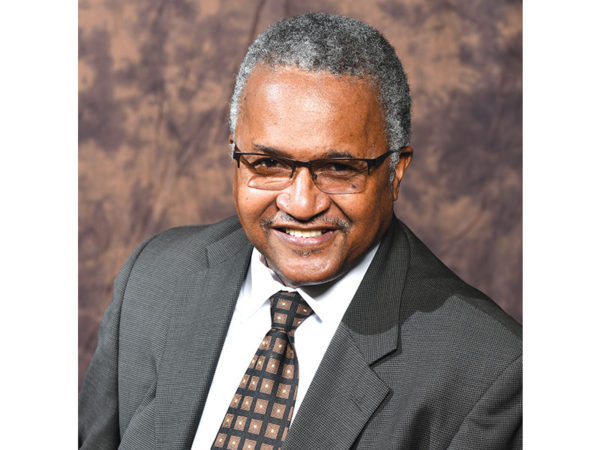Some students engage in a form of “career terrorism.” When it happens, teachers face irreversible reputational and professional damage.
This is not about protecting bad teachers or dismissing genuine cases of misconduct. Schools must maintain high standards for professional conduct, and any legitimate abuse or mistreatment of students should be addressed. However, what is often overlooked is the reality that some students, armed with smartphones, social media, and a deep understanding of institutional bureaucracy, can wield disproportionate power over educators.
A single video clip, taken out of context, or a false accusation can trigger an administrative storm that leaves even the most dedicated teachers without a job, without due process, and without the ability to clear their name.
The rise of social media and viral outrage culture means that a teacher’s career can be ended overnight with little room for nuance or investigation. Some students have realized this and, in rare but concerning instances, weaponized accusations or misleading recordings to damage teachers they dislike.
So, what can school districts do to prevent teachers from being easy targets of career-ending attacks?
–School districts must ensure that accusations against teachers undergo thorough investigations before any punitive action is taken. Knee-jerk suspensions based on a single student’s claim can ruin innocent careers. Educators must have the right to present evidence, seek legal counsel, and face their accusers in a structured and fair process.
–Just as body cameras protect police officers from false accusations, classroom surveillance could serve as an impartial witness in disputes. If schools invest in security cameras, with audio, in classrooms and common areas, administrators could verify claims rather than rely solely on edited videos or conflicting testimonies.
–Not every accusation is genuine. School leaders must be trained to differentiate between legitimate complaints and those meant to manipulate the system.
–Students must understand that making false accusations has serious consequences. Just as schools have zero-tolerance policies for bullying and harassment, they should implement clear guidelines for dealing with students who intentionally try to destroy a teacher’s reputation.
–Many teachers cannot afford legal defense when faced with career-ending allegations. School districts should offer legal protection funds or unions should step in to ensure that teachers have access to experienced legal professionals who can defend them against baseless accusations.
The goal is not to create a system where bad teachers can hide behind bureaucracy. However, there must be safeguards to ensure that educators are not vulnerable to career-ending attacks from students who seek revenge, social media fame, or personal amusement at an adult’s expense.
Without these protections, more teachers will leave the profession, and fewer qualified professionals will want to enter a field where their careers can be ruined by a single accusation.


